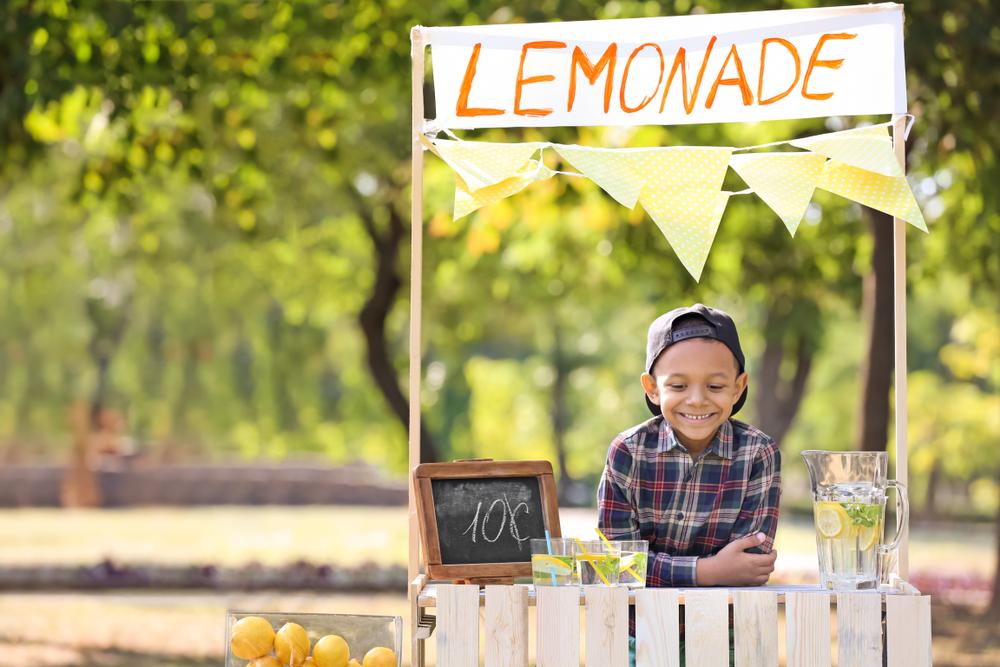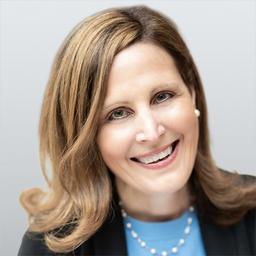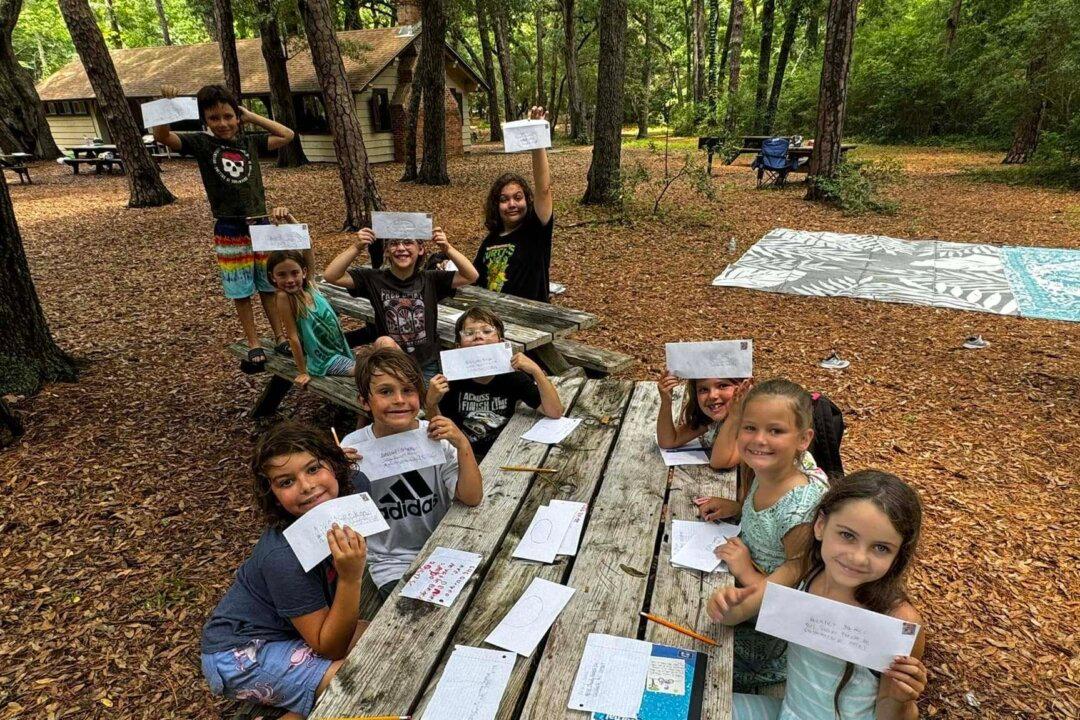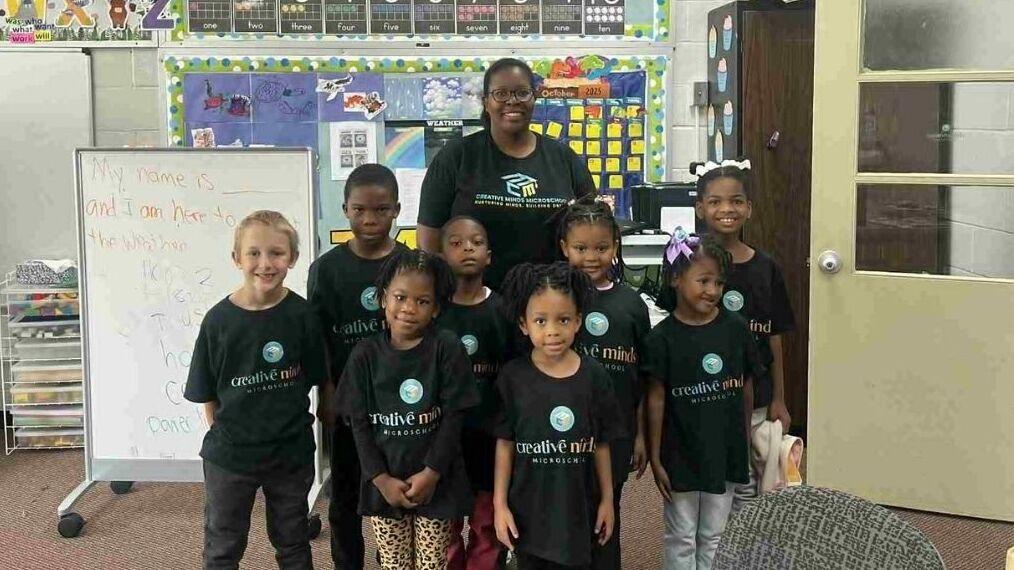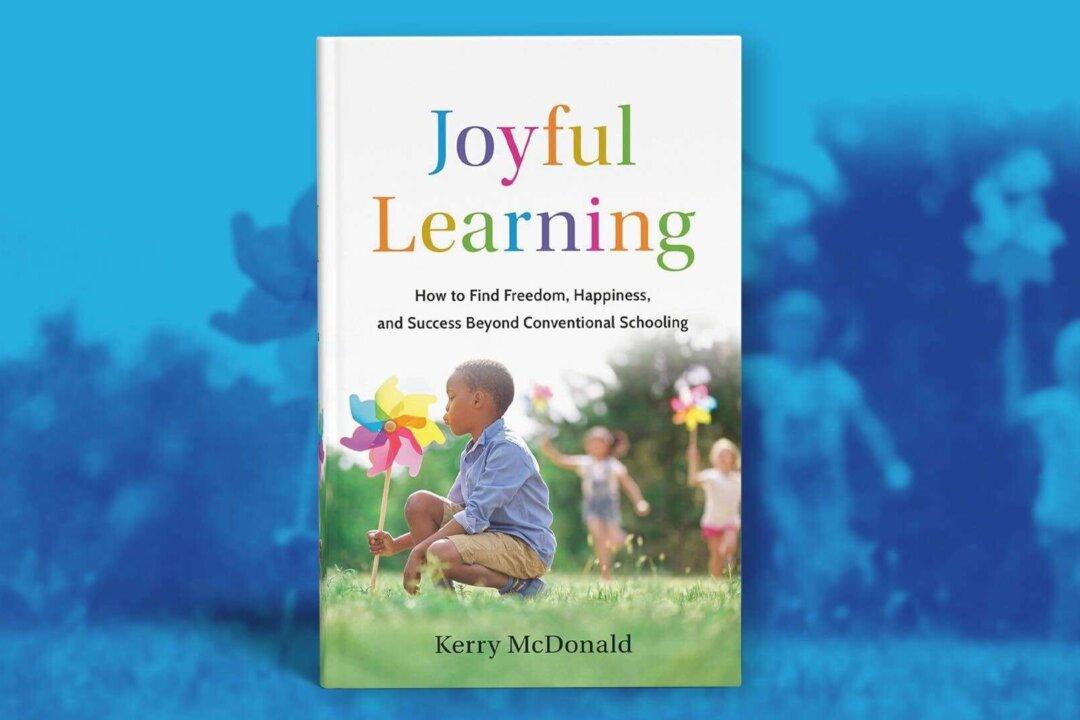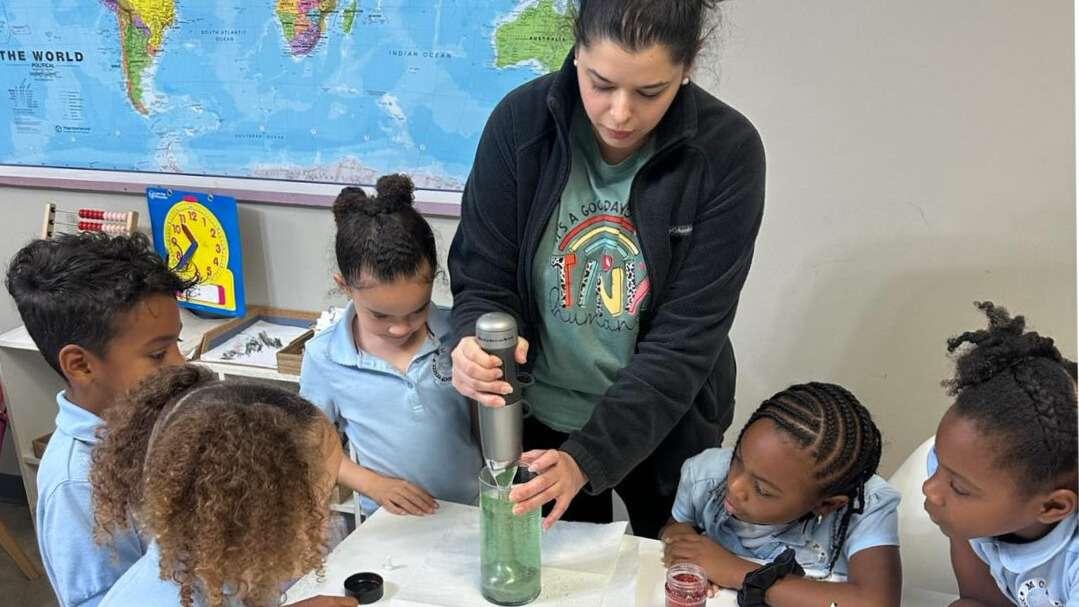My older children attend a self-directed learning center for unschoolers a couple of days a week. I love to hear the stories they share about what they do during the day. Classes are offered and are generated based on the young people’s interests, but they are entirely voluntary. Kids can attend classes or do their own projects, either independently or collaboratively, during what is known as “open hangout.” No one directs the hangout. Adults are present to facilitate and help if needed, but they don’t orchestrate the children’s work and play. The kids are free to create at will.
One creation that has been ongoing for months during open hangout is the development of a marketplace and its associated currency, known as myafo.
